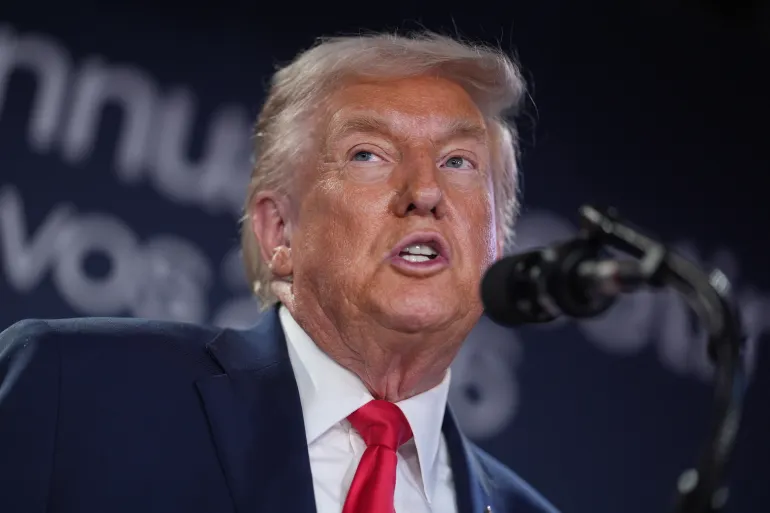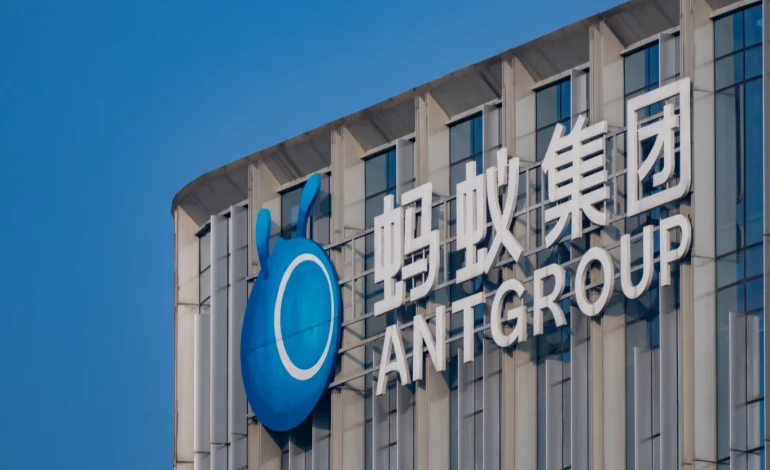Ant Group, the financial technology firm backed by Jack Ma, has announced advancements in artificial intelligence (AI) development using domestically produced semiconductors.
The company claims its new AI training techniques reduce costs by 20%, marking a significant step toward reducing reliance on US-made chips like those from Nvidia.
Ant Group has utilized chips from Alibaba Group and Huawei Technologies to train AI models using the Mixture of Experts (MoE) machine learning approach. According to sources familiar with the matter, the company achieved results comparable to Nvidia’s H800 chips, which are currently restricted from export to China by US regulations.
While Ant continues to use Nvidia chips, it is increasingly incorporating alternatives, including processors from Advanced Micro Devices (AMD) and domestic Chinese manufacturers. This shift reflects a broader trend among Chinese tech companies seeking local solutions in response to US export controls.
Ant Group recently published a research paper outlining its ability to train large language models (LLMs) using lower-cost hardware. The company estimates that its optimized approach cuts training costs from 6.35 million yuan ($880,000) to 5.1 million yuan per trillion tokens—a crucial metric in AI learning.
The MoE technique, also used by companies like Google and DeepSeek, enhances efficiency by dividing tasks among specialized AI components. This strategy allows for high-performance AI development without relying on premium graphics processing units (GPUs), such as Nvidia’s.
Ant Group’s AI models, Ling-Plus and Ling-Lite, are being developed for industrial applications, including healthcare and finance. The company has already integrated AI-powered solutions into its platforms, such as:
- AI Doctor Assistant: Supporting medical professionals with tasks like medical record management.
- Zhixiaobao: An AI-powered life assistant.
- Maxiaocai: A financial advisory AI tool.
Additionally, Ant recently acquired the healthcare platform Haodf.com, expanding its AI services in the medical field. The company has deployed AI healthcare models in seven major hospitals across cities like Beijing and Shanghai.
The US government has imposed export controls on high-performance semiconductors to limit China’s access to cutting-edge AI technology.










The latest news in your social feeds
Subscribe to our social media platforms to stay tuned